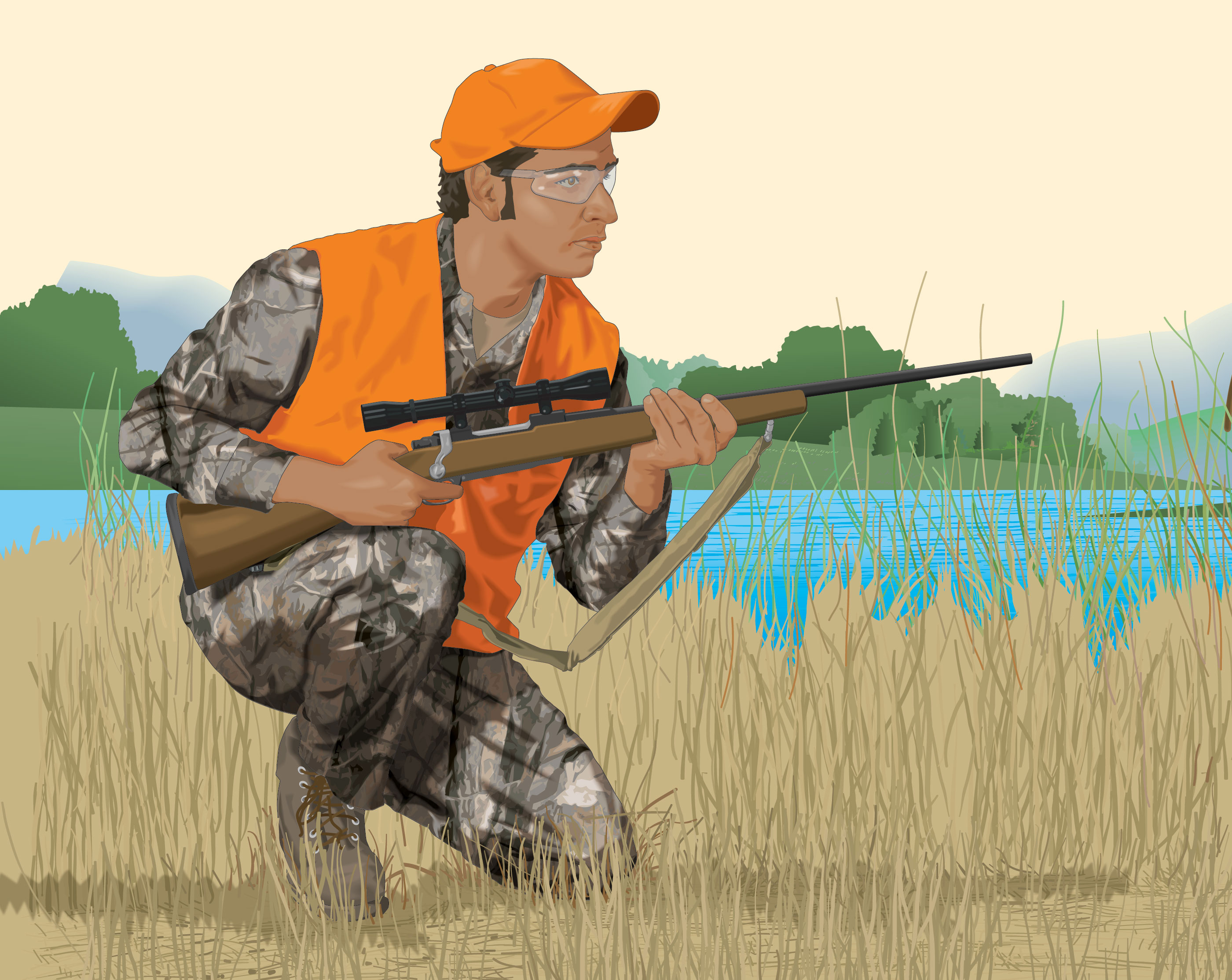What You Learned

Hunter education programs teach people how to hunt safely and also emphasize the importance of complying with hunting laws and behaving ethically. The goal is to produce knowledgeable, responsible, and involved hunters.

Responsible hunting behavior includes being courteous, respecting others, respecting wildlife, obeying hunting laws (including no poaching), hunting fairly, practicing safety rules, and waiting for a clean kill before shooting.

Responsible hunters also are involved in activities to make hunting a respected sport through teaching others, working with landowners, and joining conservation organizations.

The mission of the International Hunter Education Association (IHEA-USA) is to develop safe, responsible, and knowledgeable hunters by promoting hunter education.

Various organizations provide funding for hunter education. These include the U.S. Fish & Wildlife Service, state and provincial wildlife agencies, non-governmental organizations (such as IHEA-USA), hunting equipment manufacturers, and local organizations.

The Federal Aid in Wildlife Restoration Act (also known as the Pittman–Robertson Act) was approved by Congress in 1937. Through federal excise taxes on sporting arms, ammunition, and archery equipment, the act provides funding for managing wildlife habitat, hunter education programs, and public target ranges.